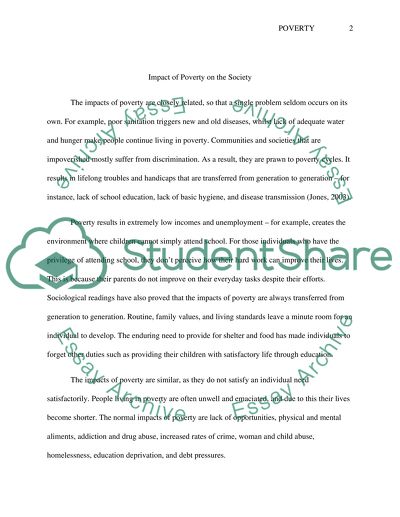Cite this document
(“Poverty Research Paper Example | Topics and Well Written Essays - 2250 words”, n.d.)
Poverty Research Paper Example | Topics and Well Written Essays - 2250 words. Retrieved from https://studentshare.org/macro-microeconomics/1453216-poverty
Poverty Research Paper Example | Topics and Well Written Essays - 2250 words. Retrieved from https://studentshare.org/macro-microeconomics/1453216-poverty
(Poverty Research Paper Example | Topics and Well Written Essays - 2250 Words)
Poverty Research Paper Example | Topics and Well Written Essays - 2250 Words. https://studentshare.org/macro-microeconomics/1453216-poverty.
Poverty Research Paper Example | Topics and Well Written Essays - 2250 Words. https://studentshare.org/macro-microeconomics/1453216-poverty.
“Poverty Research Paper Example | Topics and Well Written Essays - 2250 Words”, n.d. https://studentshare.org/macro-microeconomics/1453216-poverty.


